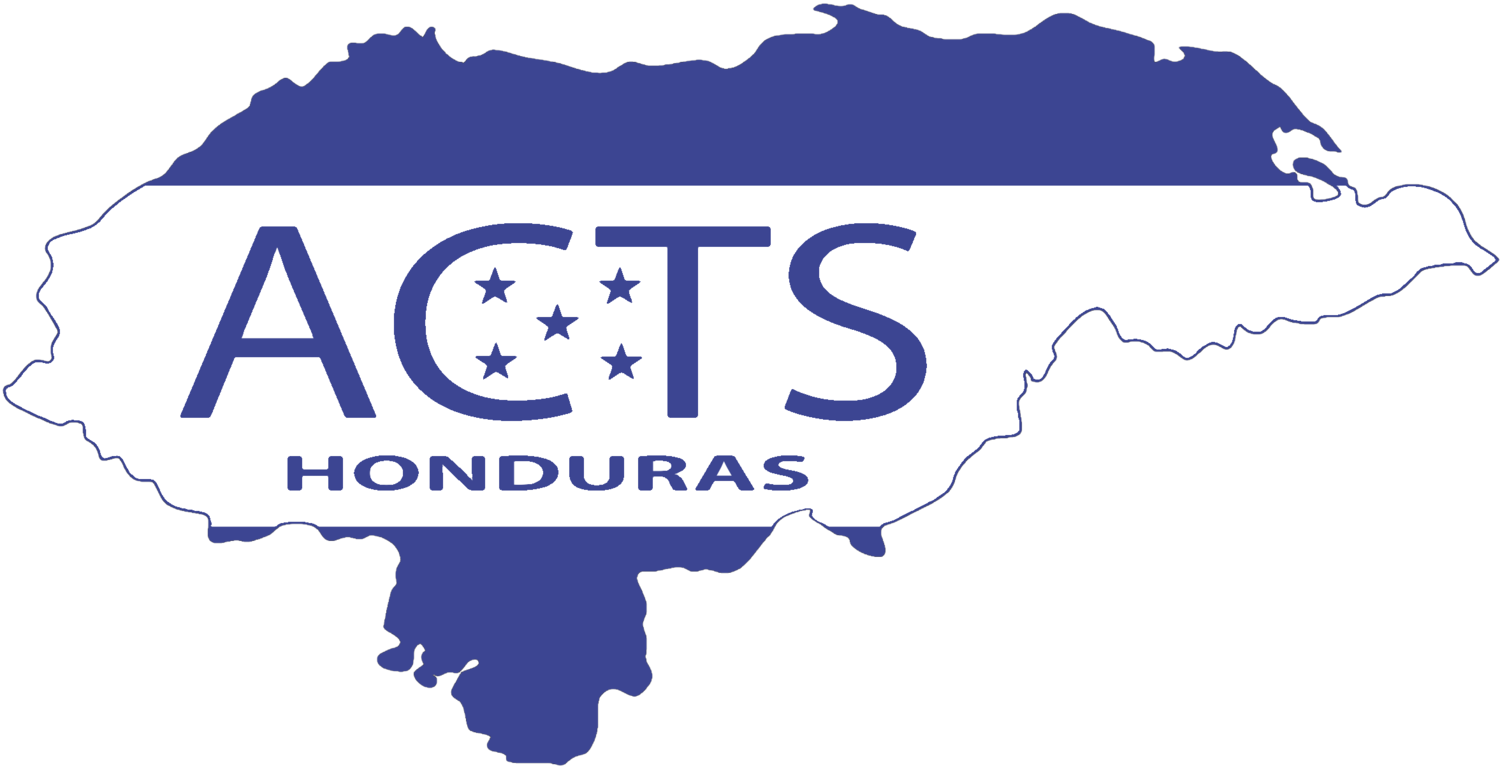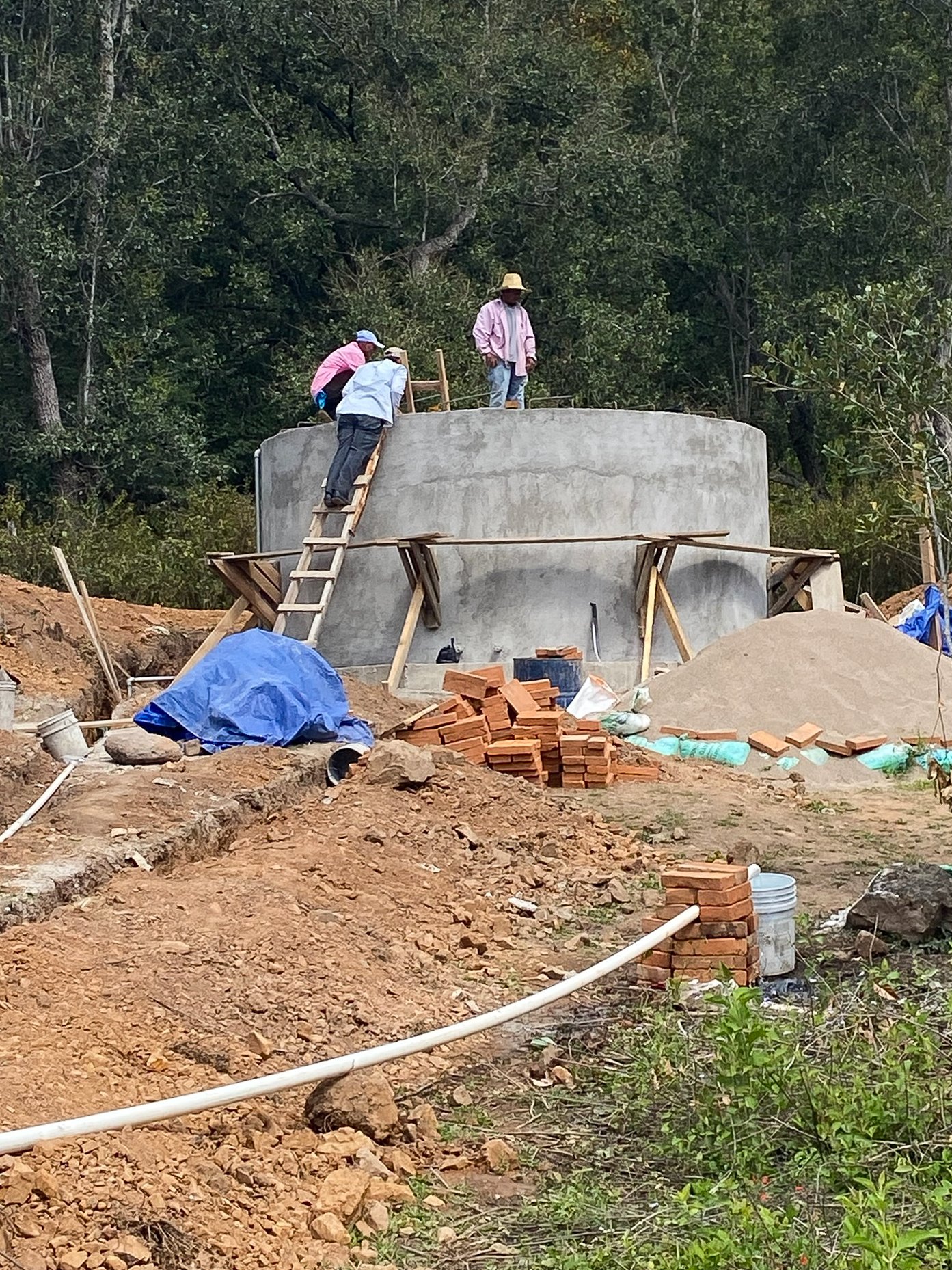
Better infrastructure improves public health
Water
Our primary concern currently is good water for household use. Water improves nutrition, promotes hygiene, and helps to prevent diseases related to lack of sanitation.
ACTS’ group of professional engineers takes on community water projects prioritizing communities that have no local source or household distribution. Each community and its situation require a unique solution.
It took years to solve the conundrum of water for Carezelito, a small dry community without electricity located on a mountaintop. The water source was at the bottom of the mountain and women hand-carried unsanitary buckets of water uphill, through a muddy path filled with animal feces. You see, the animals had to go up and down to get their water too. They drank from the same source. The engineers considered a solar powered pump to get the water to the settlement, or a pulley powered by animals, and ultimately rejected many other options. Finally, they opted to design and fund transmission of electrical power from miles away to operate an electric pump. The effects were transformational. Women have time to do their other work, people bathe often, and laundry is more frequent, the animal and human water distribution points are separated, and as one villager said, “We used to be sick all the time with diarrhea and sores on our legs and feet, now we’re not.”
In 2024, the ACTS engineers are several years into a multiyear project to bring good water to the community of Ocotal. Per their standards, the labor is provided by volunteers in the community who on this project have dug over three miles of ditch by hand. The novel design is the product of collaboration by several professional engineers who typically spend Christmas week in Ocotal consulting with local leaders and finalizing plans for the next step. Contribute to help complete this important project via the Ocotal GoFundMe link below.
In El Rosario, the water source is providing sufficient water for the population – however, the aged distribution system of underground PVC pipes is cracked and leaking throughout the community. This results in shutdowns and shortages every day. Often, families have water available just a few hours per day. Looking forward, replacing the distribution system will be a major effort and expense. Next steps are to consult with engineers and begin fundraising.
Latrines
ACTS has facilitated building hundreds of latrines over dozens of years. They are basic huts over hand-dug pits with concrete floors and a simple stool.
With a family latrine, human waste is concentrated in one selected location. It is safe, private, and affords dignity to the users.
Our system is to follow the advice of the Honduran Health & Development Committee about where latrines are needed. Traditionally, they are for new homes or ones where over time the pit has gotten full. ACTS provides the funding, and the family digs the pit and constructs the hut. The cost of materials is $200 per unit.
Recently, ACTS recognized the community of Chaquite had 100+ homes and only two had latrines. The other families were squatting in the bushes to defecate. Week after week, the public health risks were unacceptable. We offered them the opportunity to equip every home with a latrine to be constructed by the residents. Two trusted and experienced Hondurans from El Rosario organized and executed a tremendous group effort involving every family. The soil is hardpack and families worked together to dig the pits for the elderly or single women leading households. Given that wood is scarce, expensive, and subject to termites, and they decided to build the huts of metal. However, metal must be cut with power tools and there is no electricity in Chaquite. Accordingly, the wall sections were cut and welded in El Rosario. The partially constructed huts were transported by ox carts, four per trip for a total of 25 trips, over terrible roads. Today, every family has a functional, private latrine.
Roads
To get to El Rosario, we drive a blacktop road from San Pedro Sula for three hours into the mountains to a left turn onto a dirt road. From there, all roads are dirt, and their construction is rudimentary without ditching and subject to frequent washouts. Some extremely determined commercial drivers dare to very occasionally bring trucks into the area, but most consider it impassable by large vehicles. This limits economic growth.

We are nearing the last phase of a long project to bring good water to each home in Ocotal. The project has benefited from significant corporate support – THANKS! Coping with extreme challenges in terrain, the team used their training and ingenuity to get the job done. The village men hand dug literally miles of trench from the source to the neighborhoods.
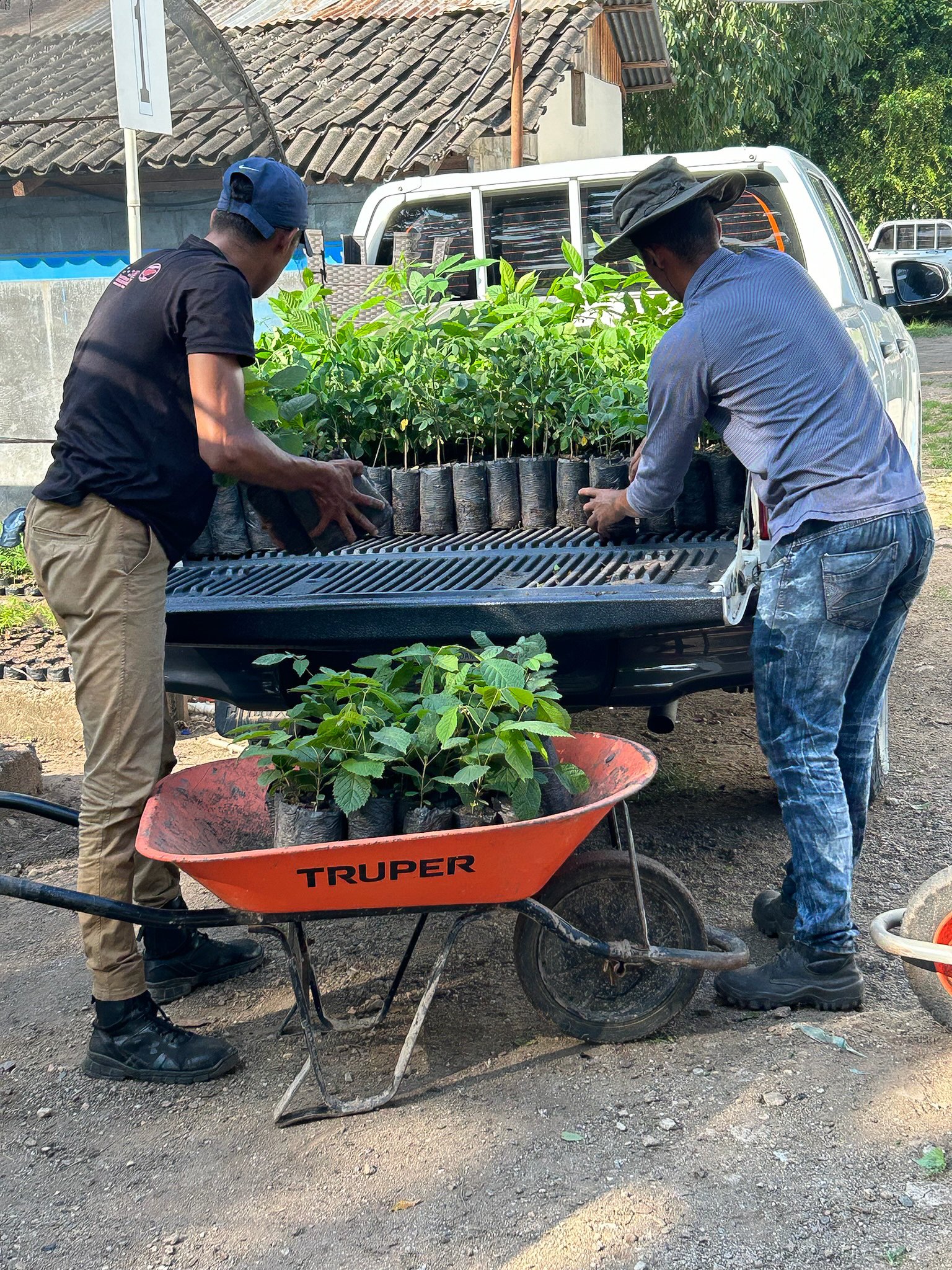
Planting shade trees is a significant step in regenerative agriculture. In 2023, we brought a mix of 200 shade trees to El Rosario; some for planting at springs and some for shading houses.

In every community, the ‘junta de agua,’ or water board is a key group responsible for an increasingly scarce resource due to global warming. This is a typical meeting in El Rosario with an ACTS team and the junta de agua that was followed by a site visit to the source and distribution tank.
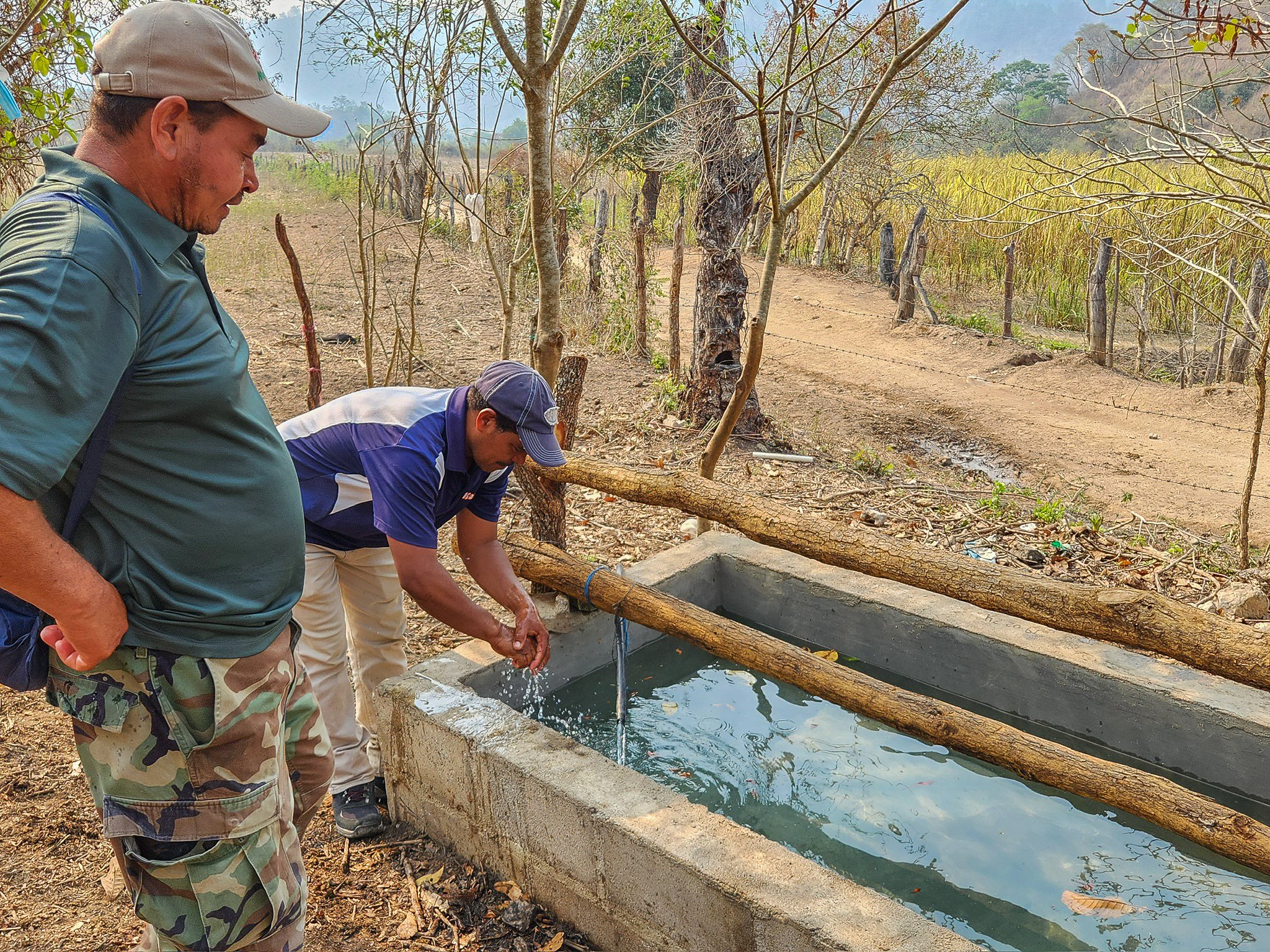
The Mejia Fuente system continues at the bottom of the hill; runoff from the mid-point collection tank provides water at this roadside ‘pila,’ or sink, for use by livestock. The wood down the center keeps the cattle organized while they drink. Making this roadside pila available means farmers do not have to walk their animals several miles to get water.
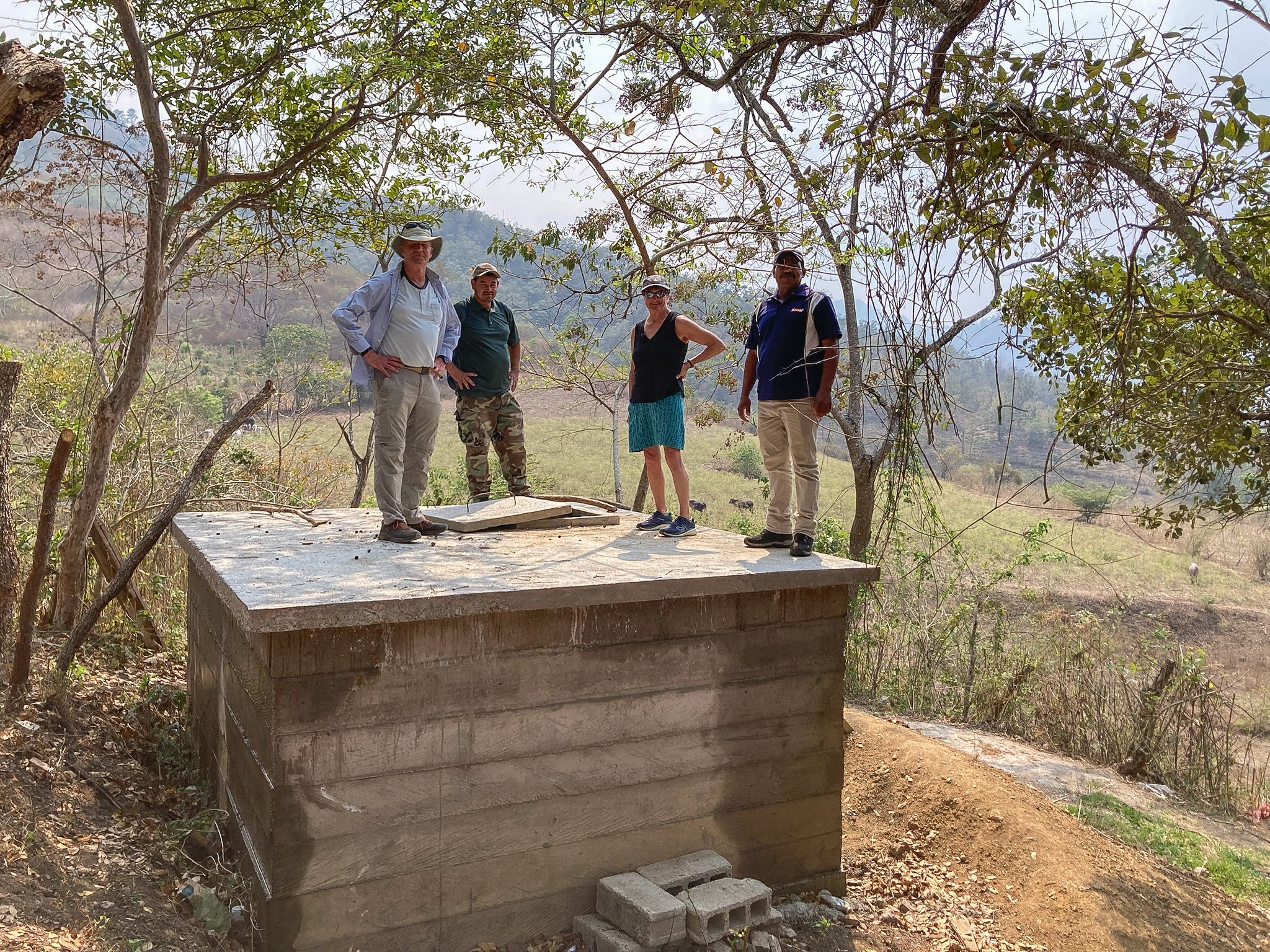
Here is the mid-point for the Mejia ‘fuente’ or spring where water piped from the wild spring is collected in this tank built by a motivated group of local volunteers. They use the water for their crops on this mountainside and even have a spigot up in a tree to provide a refreshing shower when they quit work.
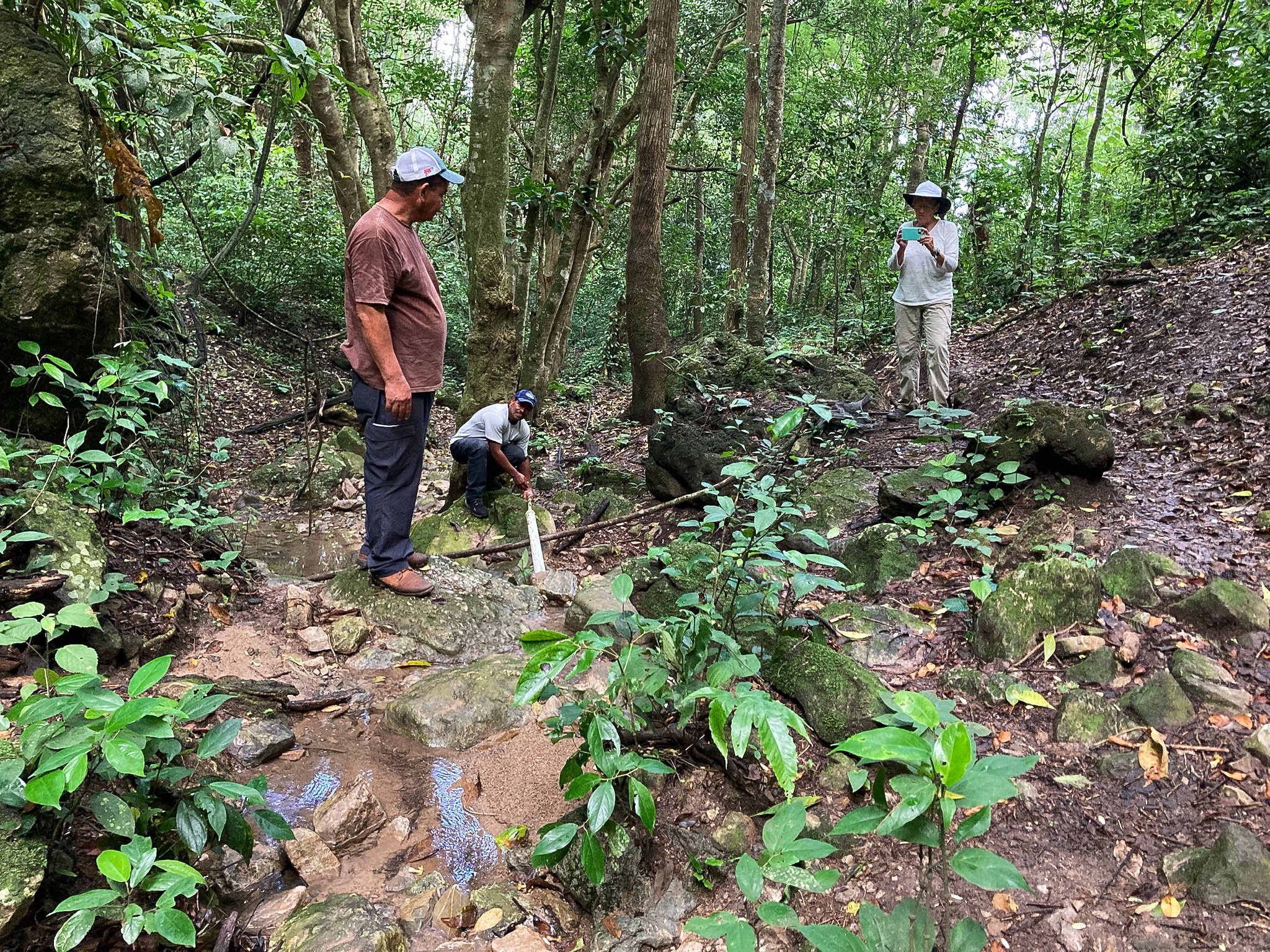
About 50 years ago, Señor Mejia was listening to the radio at home heard an agriculturalist say that water sources such as springs would be most productive if protected by wild native vegetation. He decided to “retire” one field that had a small seeping spring; today, that spring is one of just two sources in El Rosario that are productive even with global warming.

The baseline diet in the catchment area is grown in the community – corn made into tortillas, beans cooked for frijoles, coffee, and water. Every two weeks, a truck races through the community selling fruits and vegetables. In the local Faith & Hope garden group, women help each other establish gardens near their houses to diversify their diets.
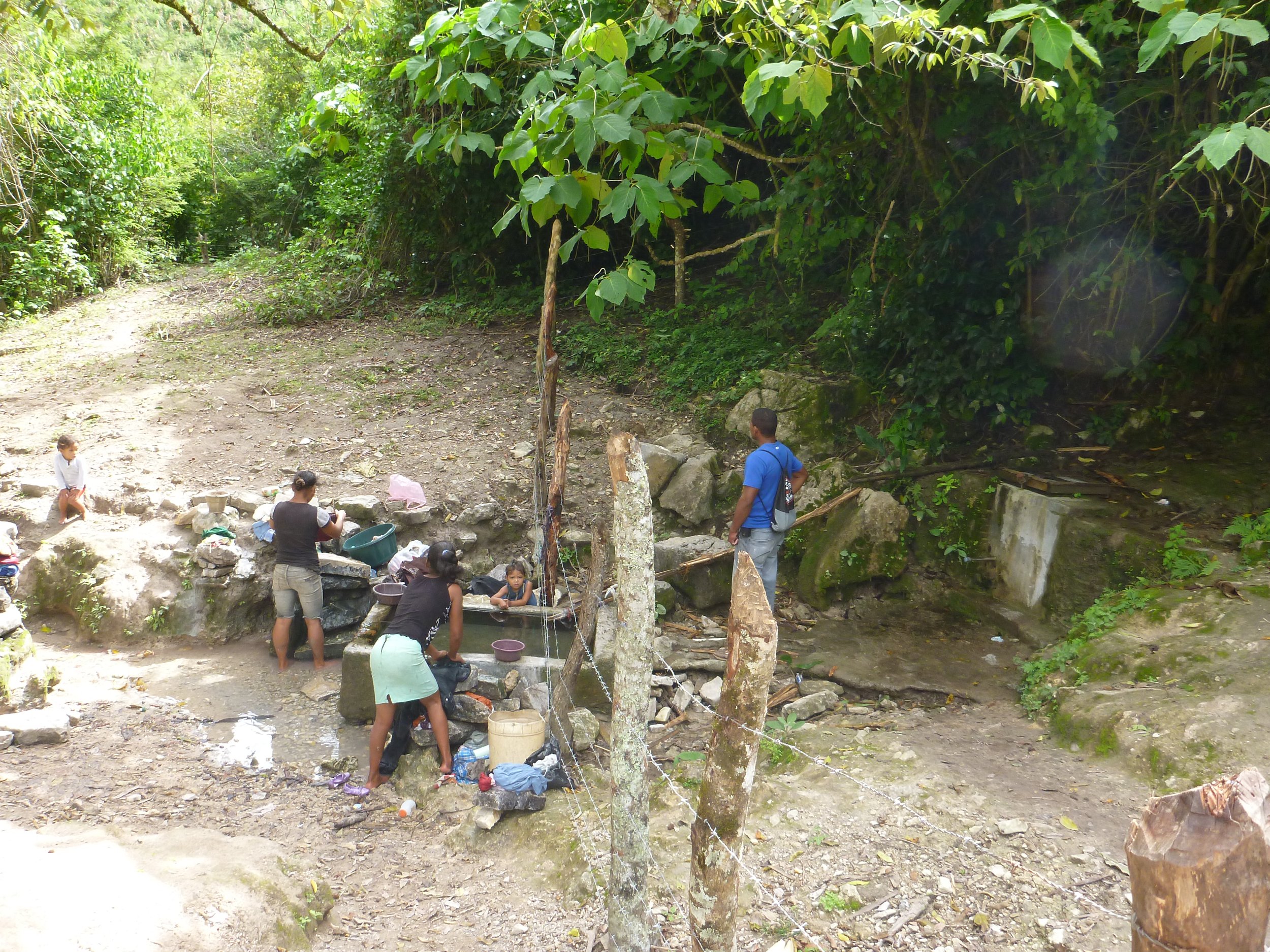
The women of Carrezelito used to walk down a muddy path to get insufficient water from this source shared by the animals. When clean water was supplied through efforts by the engineers and local community, one woman said, “We’re not sick anymore. We are clean and I don’t have cuts and infections all over my feet and legs from that path.”
